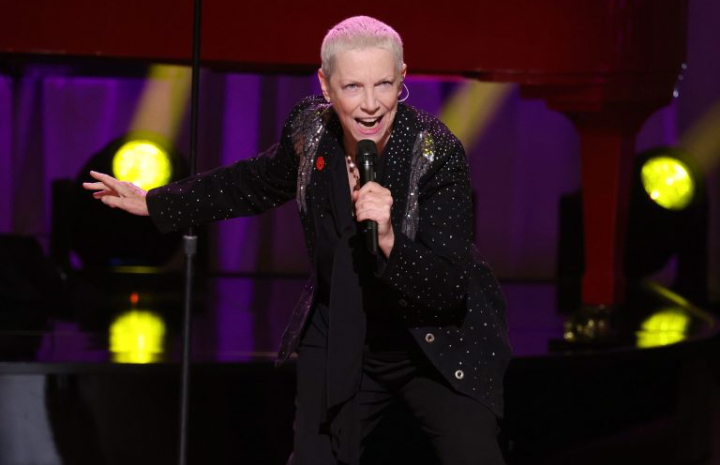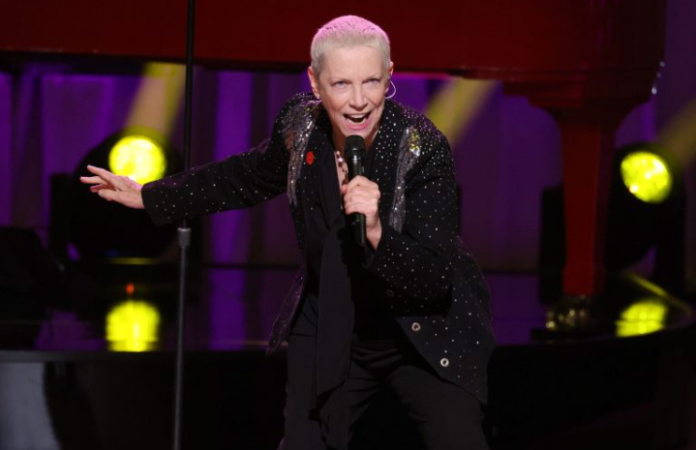The UK’s creative industries are in an uproar over a proposed copyright exemption that would allow artificial intelligence (AI) companies to train their models using artists’ works—without seeking permission. In a dramatic show of resistance, musicians, filmmakers, and writers have mobilized against the government’s plan, arguing that it threatens their livelihoods and undermines intellectual property rights.
On Wednesday, a coalition of UK lawmakers officially joined the fight, urging the government to reconsider its stance. This intervention follows an intense nationwide campaign, culminating in coordinated newspaper covers and a protest album titled Is This What We Want?, featuring recordings of empty music studios.
Why Artists Are Pushing Back Against AI
The UK’s creative sector contributes over 5% to the national economy, making it a powerhouse in global entertainment, publishing, and design. However, the government’s proposed AI copyright exemption, introduced in December 2024, has sparked fears that artists could lose control over their work.
Currently, AI companies scrape vast amounts of data from the internet to train their models, often without compensating creators. While some lawsuits against AI firms are already underway in the United States, the UK’s legal framework could set a precedent for future regulations worldwide.
Caroline Dinenage, chair of Parliament’s Culture Committee, criticized the exemption, warning that it would allow AI firms to exploit creative works without permission. She also called for stricter transparency measures, ensuring artists know how their content is being used and compensated accordingly.
Government Faces Pressure to Rethink AI Copyright Exemption
The growing backlash has put the Labour government in a tough spot. While it wants to attract AI investment and position the UK as a leader in AI development, it must also address the concerns of its creative industries.
The government had hoped that easing copyright restrictions would make the UK more appealing to AI firms. A government-commissioned AI Opportunities Action Plan even suggested making “copyright-cleared” datasets available for AI training. However, this move has raised ethical and legal questions about who truly benefits from such policies.
Meanwhile, major tech firms like OpenAI and Google declined invitations to a parliamentary hearing on the issue, further fueling concerns about transparency and corporate influence.

What Happens Next?
While the UK government has not yet made a final decision, sources suggest that it may partially scale back its plans. Some officials are considering sector-specific protections to prevent AI firms from exploiting certain industries.
Beeban Kidron, a filmmaker and member of the House of Lords, emphasized that any AI-related policies must start by recognizing the rights of creators. “Those who invest their time, talent, and resources into their work should retain ownership,” she stated.
With ongoing debates, legal battles, and international scrutiny, the UK’s decision could have far-reaching consequences. Will the government prioritize the rights of creators, or will it bow to the demands of AI corporations?
One thing is certain—the fight for copyright protection in the age of AI is far from over.



